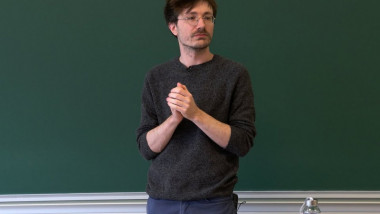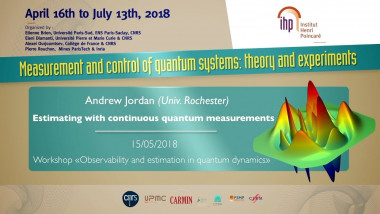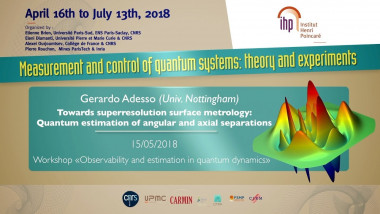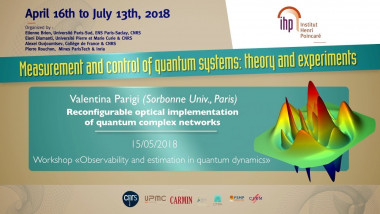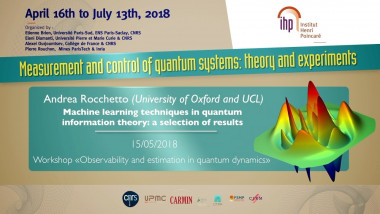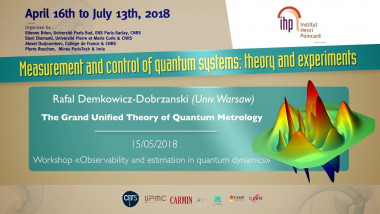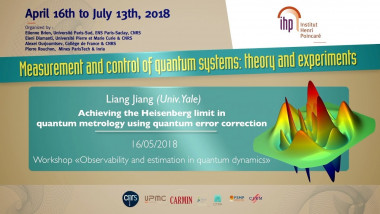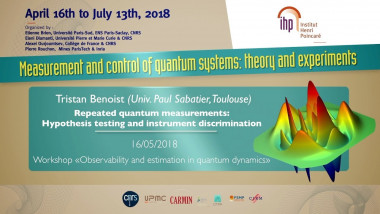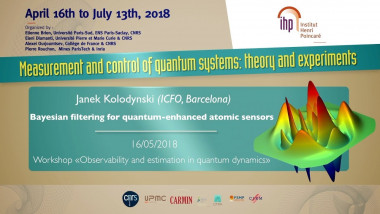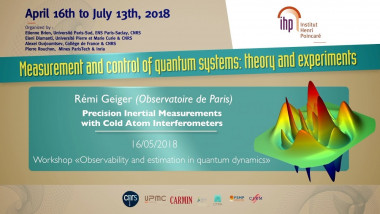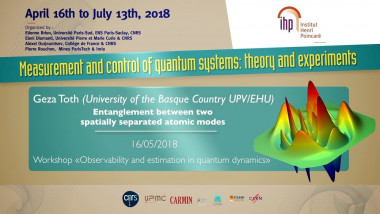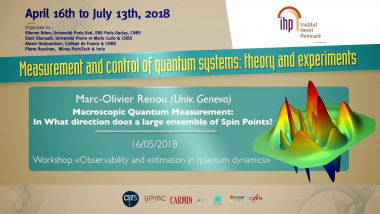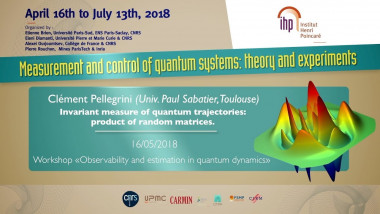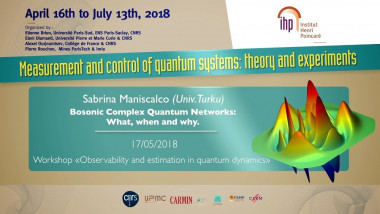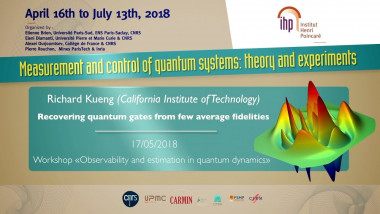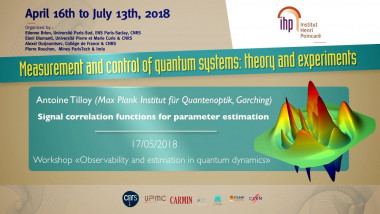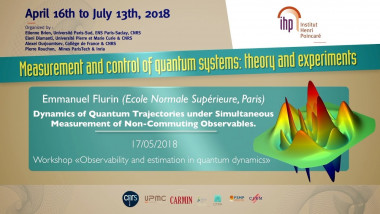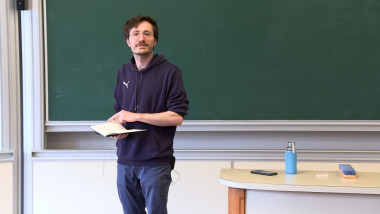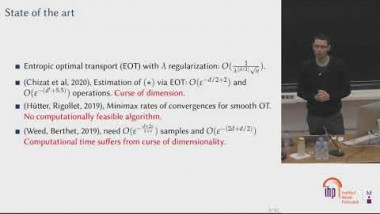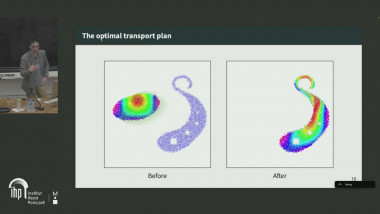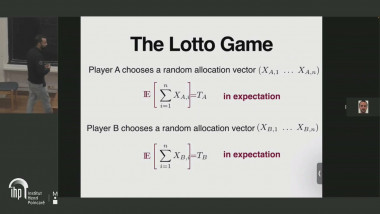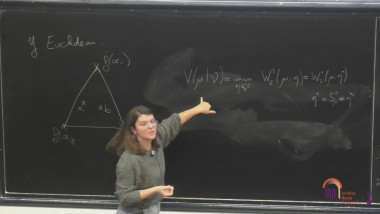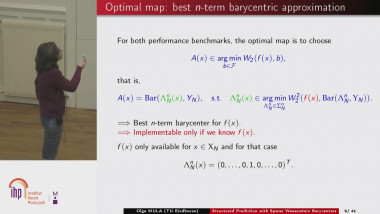Bosonic Complex Quantum Networks: What, when and why.
In this talk I will present some perspectives on these questions by looking at Hamiltonian models describing complex networks of quantum harmonic oscillators. I will first show that such systems are very useful for investigating the properties of open quantum systems, namely quantum systems interacting with an environment. This framework considers one of the nodes as the open system and the other nodes of the network as part of the environment. I will show that, changing the properties of the network, it is possible to engineer ad hoc open quantum dynamics by modifying the spectral density of the environment. This is particularly relevant in connection to quantum technologies where understanding and modelling environmental noise is crucial to realise robust and scalable commercial quantum devices. With a change in perspective to the complementary view point, the node forming the open quantum system can be seen as a local probe from which one can extract certain properties of the network. Remarkably, we show that global properties can be mapped into the time evolution of the probe hence, measuring the latter one, one can extract them. I will focus in particular on the ability to measure the connectivity of the network by local probing. Finally, I will discuss schemes for efficient and robust energy and entanglement transfer across complex quantum networks. I will argue that, independently of whether or not these systems exist in Nature, the ability to engineer them experimentally has great relevance to both fundamentals of quantum mechanics and applications such as quantum technologies.

